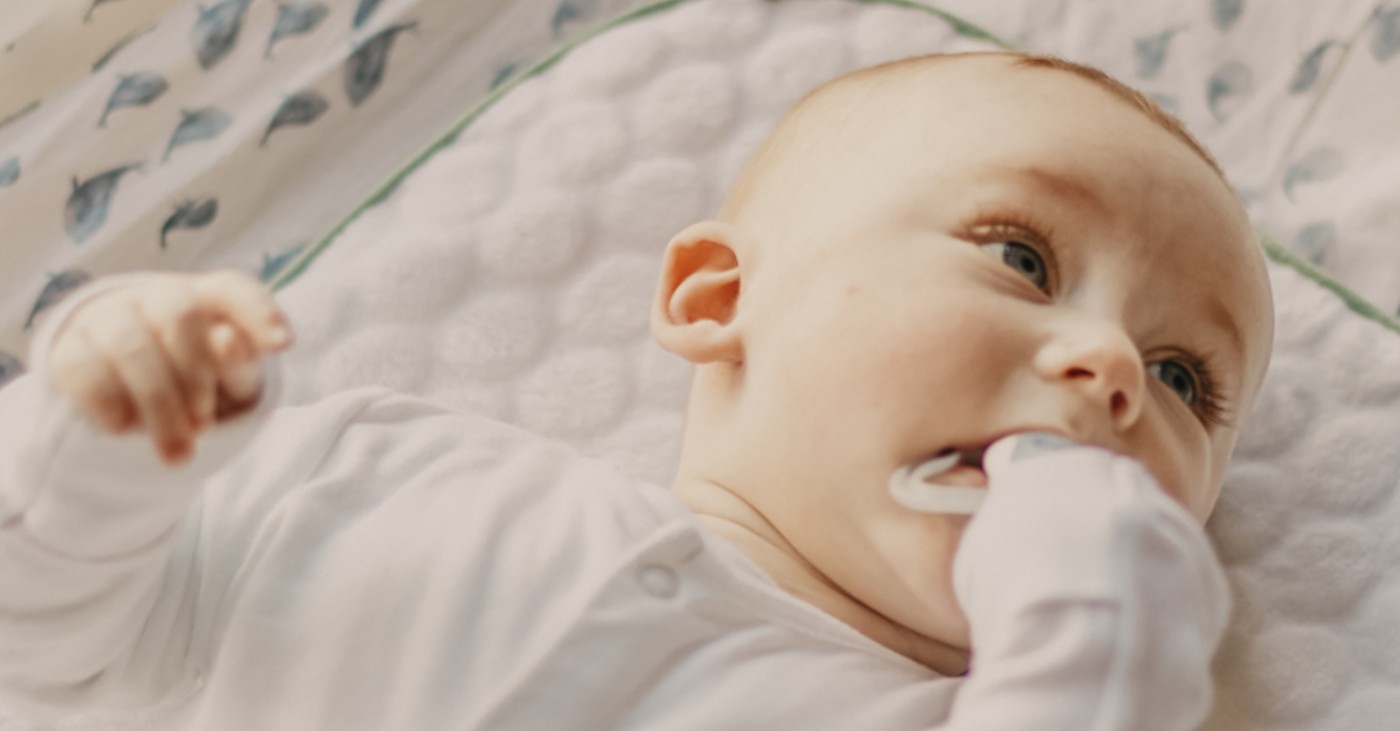Sudden Infant Death Syndrome (SIDS) may soon be a thing of the past, thanks to a world-first breakthrough.
Researchers at at The Children’s Hospital at Westmead have identified Butyrylcholinesterase (BChE) as the first biochemical marker that could help detect babies more at risk of Sudden Infant Death Syndrome (SIDS) while they are alive.
The study analyzed BChE activity in 722 Dried Blood Spots (DBS) taken at birth as part of the Newborn Screening Program, using only samples parents approved for use in de-identified research. BChE was measured in both SIDS and infants dying from other causes and each compared to 10 surviving infants with the same date of birth and gender.
Led by Dr Carmel Harrington, study lead and Honorary Research Fellow at CHW, who lost her own child to SIDS 29 years ago, the study found BChE levels were significantly lower in babies who subsequently died of SIDS compared to living controls and other infant deaths.
BChE plays a major role in the brain’s arousal pathway and researchers believe its deficiency likely indicates an arousal deficit, which reduces an infant’s ability to wake or respond to the external environment, causing vulnerability to SIDS.
Dr Harrington says the findings are game-changing.
“Babies have a very powerful mechanism to let us know when they are not happy. Usually, if a baby is confronted with a life-threatening situation, such as difficulty breathing during sleep because they are on their tummies, they will arouse and cry out. What this research shows is that some babies don’t have this same robust arousal response,” Dr Harrington said.
“This has long been thought to be the case, but up to now we didn’t know what was causing the lack of arousal. Now that we know that BChE is involved we can begin to change the outcome for these babies and make SIDS a thing of the past.”
SIDS is the unexplained death of an apparently healthy infant less than one year of age, during a period of sleep.
The incidence of SIDS has been more than halved in recent years due to public health campaigns addressing the known major risk factors of prone sleeping, maternal smoking, and overheating. However, the rate of SIDS remains high, contributing to almost 50 per cent of all post-neonatal deaths in Western countries and responsible for two infant deaths in Australia every week.
RELATED: Babies Use Kissing and Sharing Their Food as Signals to Interpret Their Social World, Says New Study
After losing her son, Damien, to SIDS, Dr Harrington has dedicated her career to finding answers for the condition, supporting much of her research through her crowd-funding campaign, Damien’s Legacy. She says these results not only offer hope for the future, but answers for the past.
“An apparently healthy baby going to sleep and not waking up is every parent’s nightmare and until now there was absolutely no way of knowing which infant would succumb. But that’s not the case anymore.”
“This discovery has opened up the possibility for intervention and finally gives answers to parents who have lost their children so tragically. These families can now live with the knowledge that this was not their fault,” Dr Harrington said.
While these findings do offer some hope for the future, parents are strongly encouraged to continue following safe sleeping practices including placing babies on their backs to sleep, keeping their head and face uncovered during sleep and ensuring a safe sleeping environment in both the day and night.
MORE: UK’s Most Premature Twins Finally Go Home 5 Months After Being Given 0% Chance of Survival
The next steps for researchers is to begin looking at introducing the BChE biomarker into newborn screening and develop specific interventions to address the enzyme deficiency. It is expected this will take around five years to complete.
“This discovery changes the narrative around SIDS and is the start of a very exciting journey ahead. We are going to be able to work with babies while they are living and make sure they keep living,” Dr Harrington said.
This study has been published by The Lancet’s eBioMedicine.
Source: The Sydney Children’s Hospital Network
SHARE the Medical Breakthrough With Others…




















